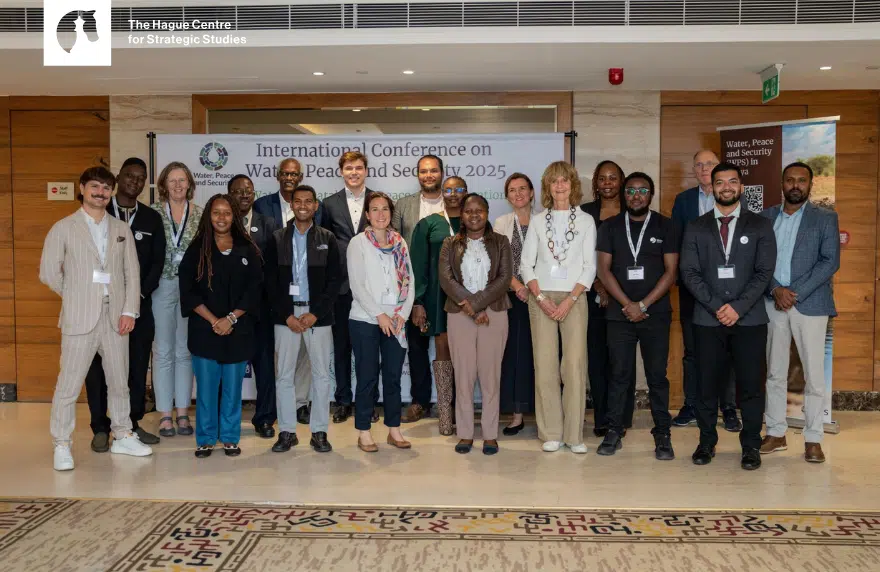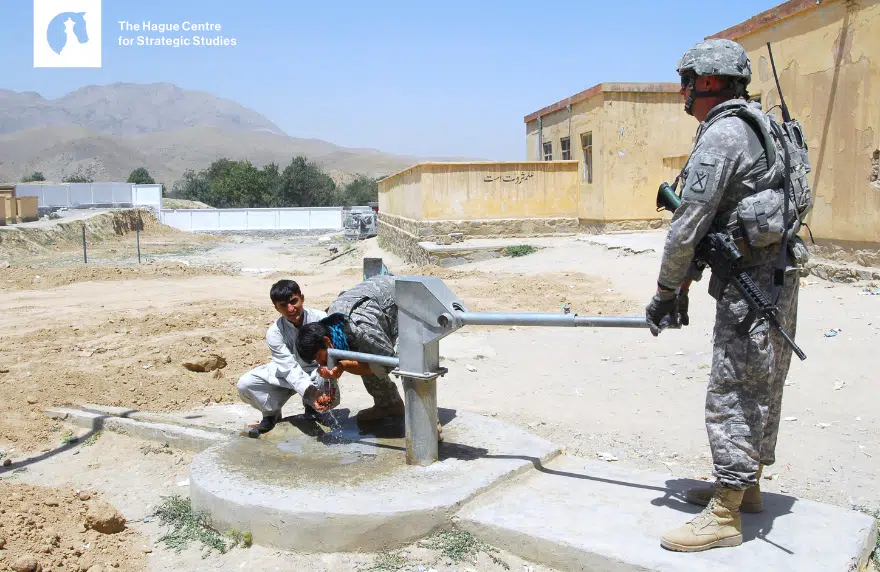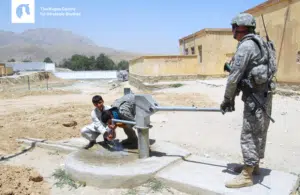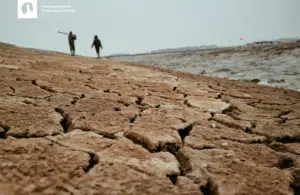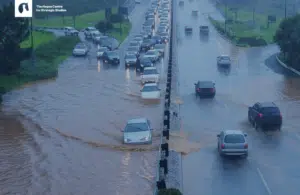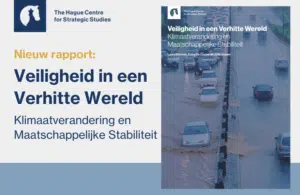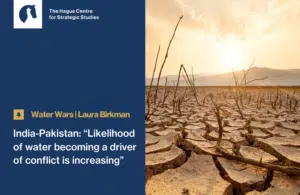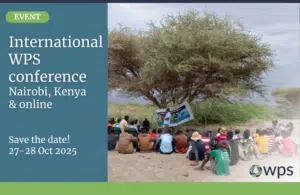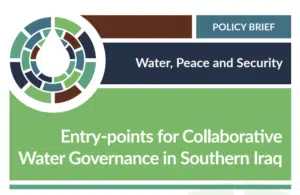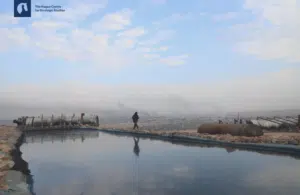Military and Security Leaders urge Europe to treat Clean Energy as a Defence Priority
“Investing in green fuels is investing in stability and sovereignty”: a coalition of security leaders, including HCSS experts Richard Nugee, Laura Birkman and Tom Middendorp, urge Europe to treat clean energy as core to national defence. In an open letter, they call for counting low-carbon energy investments toward NATO’s 1.5% resilience target, warning that fossil-fuel dependence undermines sovereignty. Their message is clear: renewable energy is now a strategic security imperative.
Securing Water, Sustaining Peace: Involving Defence and Security Actors in Addressing the Water Security Nexus
Two weeks ago, HCSS strategic analyst Thijs van Aken represented The Hague Centre for Strategic Studies (HCSS) at the International Conference on Water, Peace and Security in Nairobi, Kenya, organised by the Water, Peace & Security (WPS) Partnership. The event, themed “Water as a Catalyst for Peace and Cooperation”, brought together governments, international organisations, civil society, researchers, and practitioners to explore how water can serve as a driver for peace rather than conflict.
New WPS Policy Brief | Addressing Water-related Security Challenges in Fragile Settings: Opportunities and Limitations for Defence and Security Actors
The Water, Peace and Security (WPS) partnership explores the growing role of defence and security actors—the “fourth D” alongside development, disaster relief and diplomacy—in addressing water-related security risks. Based on literature review and expert interviews in Iraq, Mali, Ethiopia and Kenya, this new WPS policy brief by HCSS analysts Lennart Engel and Thijs van Aken examines their complex role in fragile, water-stressed contexts and identifies key opportunities, challenges, and three priority actions for more effective and responsible engagement.


